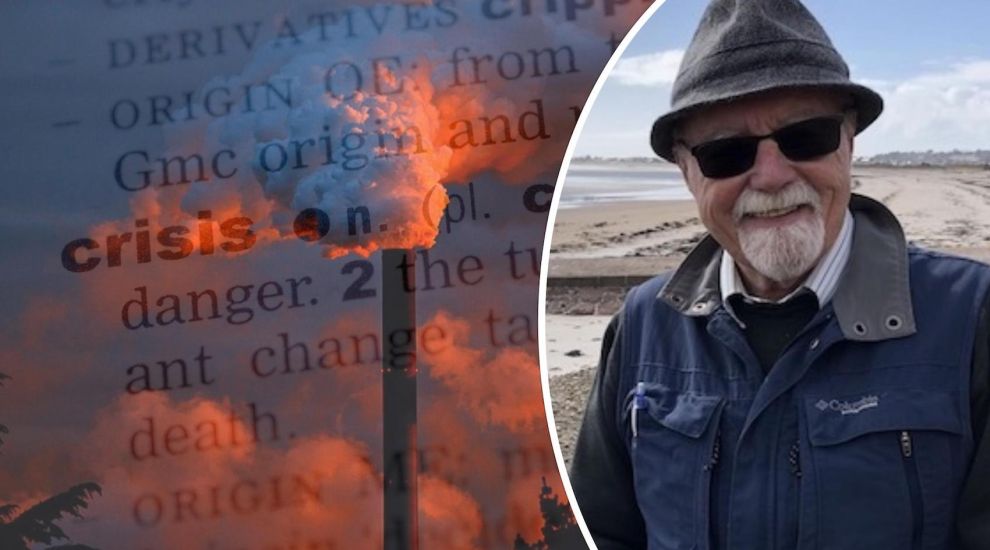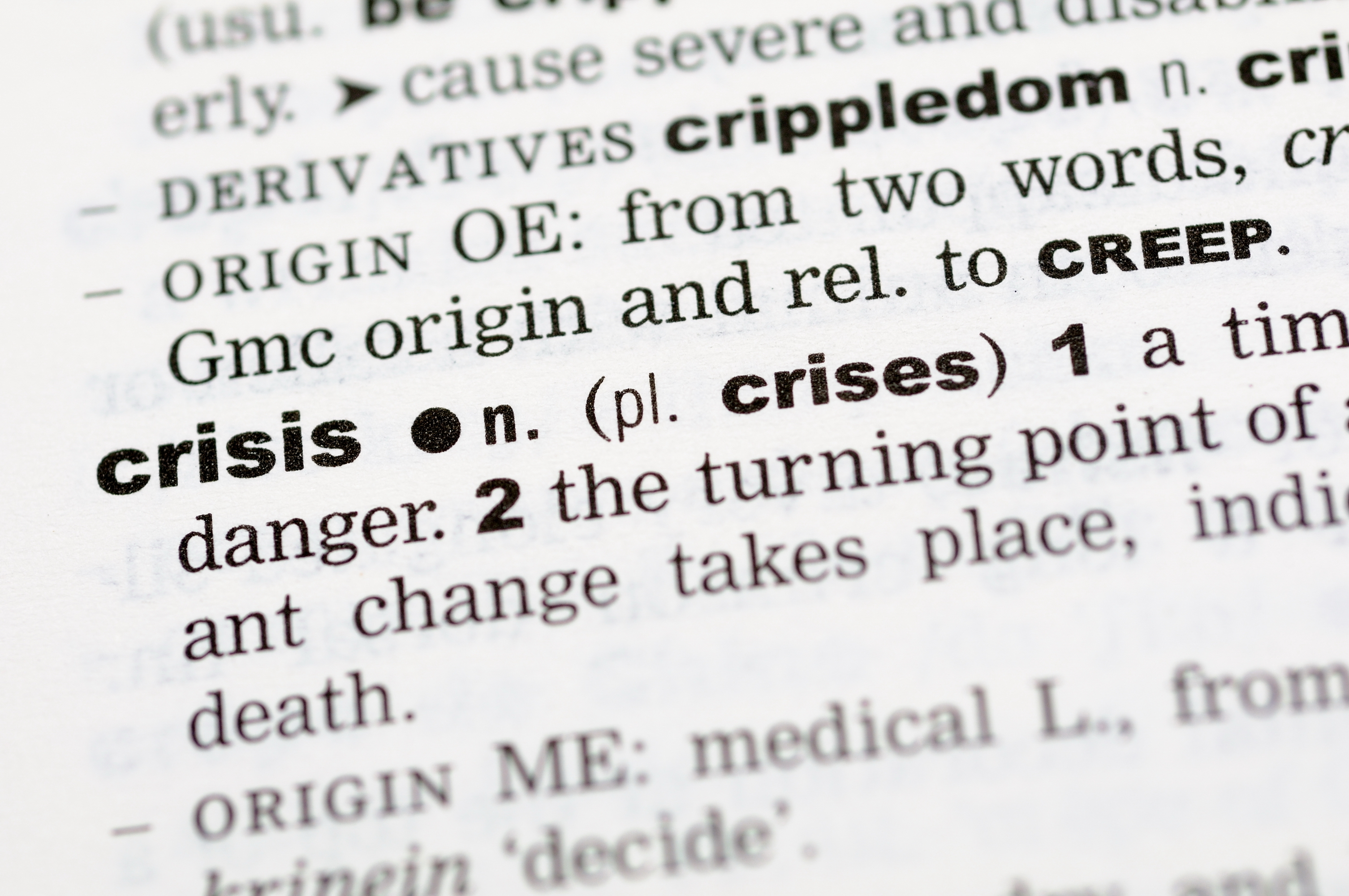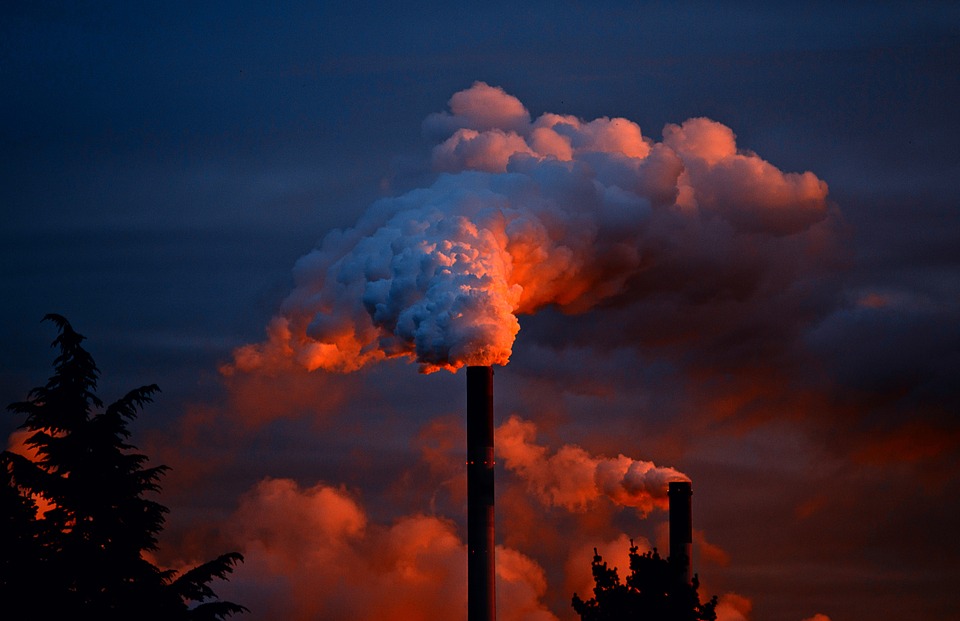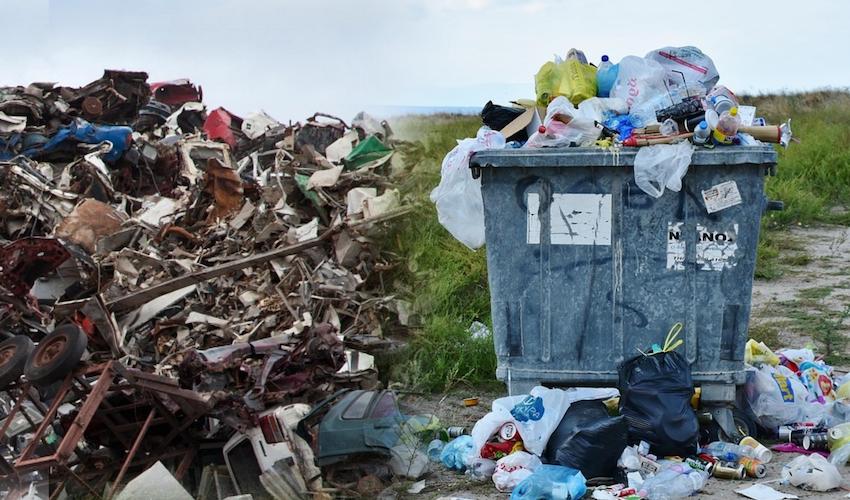

Climate change is a global "crisis"... But it looks like we might need a frightening natural disaster to really prove the point.
That's the view of local environmentalist Mike Stentiford, who is concerned the issue still needs to be taken more seriously amid rising awareness.
Following the recent climate talks in Poland, the Express columnist shared his musings on the matter...
"At the opening ceremony of the now completed UN sponsored climate talks in Katowice, Poland, Sir David Attenborough delivered a dire warning that time was running out for nations to make a determined effort to avert an environmental catastrophe of their own making. While to many, the scientific sums make sense, opposing views dismiss such findings as figments of an over-reacting imagination.
Video: David Attenborough warned world leaders that climate change is a catastrophe waiting to happen.
Clear-cut dividing lines between the believers and the doubters have long been arguing as to whether climate change truly is a full blown crisis or simply a whipped up breeze in a teacup - the question is, who’s right?
According to the big book of words, ‘crisis’ is described as an ‘unstable period . . . extreme trouble or danger’.
It’s easy to relate such descriptions to Brexit or, closer to home, the confusion surrounding the where, what and how of Jersey’s new hospital.
Wherever the word is deemed appropriate, ‘crisis’ seems hell-bent on fulfilling its obligations towards a universe engulfed in a maelstrom of man-made issues.

Pictured: 'Crisis' may well be the most appropriate word to describe the current environmental situation.
Whether it’s wars, famine, social deprivation, financial collapse or a general lack of collective direction, raising the bar on any feel-good factor is proving a tough political nut to crack.
With such a magnitude of issues to contend with, many might question the need to top-slot climate change into an already overcrowded agenda.
After all, climate in all its extremes has been playing tricks on us since the first caveman donned a fur-skin cape so, if it was cold, hot or indifferent back then, why such a crisis now?
According to those with the scientific know-how, never before has the world’s climate been heading in a more ill-tempered or fickle-minded direction.
We’re informed by the experts that since 1750, at the start of the Industrial Revolution, CO2 levels have risen by more than 30% and methane levels by an astonishing 140%.

Pictured: CO2 levels are continuing to rise.
Included in this already malign mix of baddies in the atmosphere is the concentration of CO2 which is considered higher now than at any other time in history.
The layman’s problem with such scientific percentages is that they have a habit of confusing minds and therefore divert the opportunity of forming any real understanding.
Notwithstanding such technical jargon, what we can safely put our money on is that, between all 7.5 billion of us worldwide, we’re making a pigs ear of Planet Earth.
On a local level, despite tinkering around the edges in an attempt to add kudos to our environmental obligations, Jersey is hardly upping its levels of determination towards the ‘greenhouse-gas-reduction-cause’ with its officially registered 125,000 motor vehicles potentially driving around this finite little island of ours.
Likewise, despite attempting to negotiate the tricky pathways surrounding single use plastics, our waste management strategy falls disparagingly short of the determined efforts and achievements shown by many of our European neighbours.

Pictured: Mike says that our waste management strategy is falling short of our neighbours'.
If we’re perfectly honest with ourselves, the principal reasons for not being wholly convinced that the world’s climate really is going through a series of revengeful mood swings might be that Jersey sits rather too comfortably within its very own comparatively benign comfort zone.
That extreme changes to global weather patterns generally happen well beyond our own boundaries and, as a consequence, have no direct detrimental effect on personal lifestyles, might easily confirm the perception that a general air of complacency actually exists.
What’s interesting to add to this observation is that, globally, wake-up calls seriously kick in once a community experiences a major disaster directly related to climate change.
Following the after-effects of devastating floods, drought or wildfires, a more hardened approach to the issue appears more positively registered in the minds of those unfortunate to have undergone such personal experiences.
It would be quite unjust to suggest that the only way to focus our own island-wide majority acceptance of climate change would be to experience some kind of local natural catastrophe.

Pictured: Environmental tragedy is one way to focus people's minds, but certainly not an ideal one.
Sadly, it would be a terrible travesty if this proved the only way in which to centralise public opinion."
The views expressed in this piece are those of the author and not of Bailiwick Express.
Comments
Comments on this story express the views of the commentator only, not Bailiwick Publishing. We are unable to guarantee the accuracy of any of those comments.